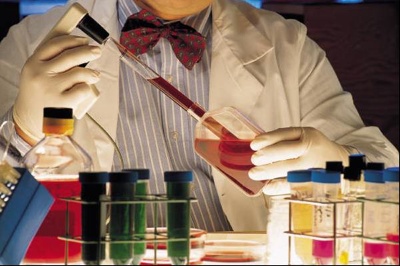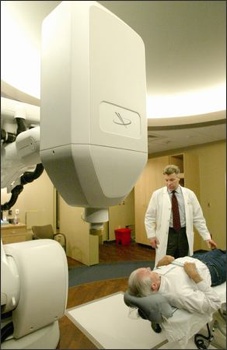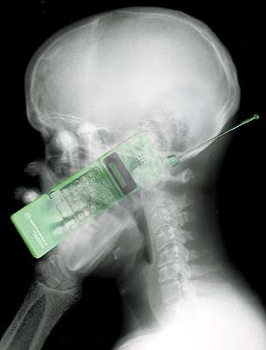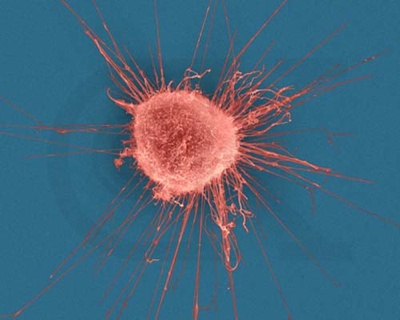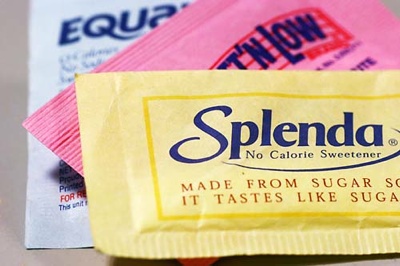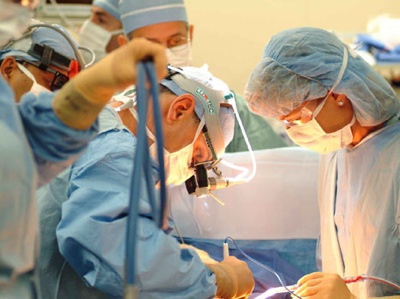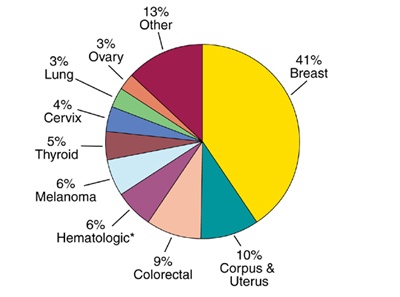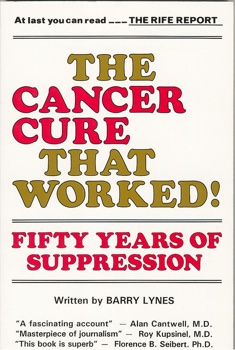 Weird Stuff
Weird Stuff  Weird Stuff
Weird Stuff  History
History 10 Times Trickery Won Battles
 Technology
Technology 10 Awesome Upgrades to Common Household Items
 Misconceptions
Misconceptions 10 Hilarious (and Totally Wrong) Misconceptions About Childbirth
 Weird Stuff
Weird Stuff 10 Warning Labels That Exist Because Someone Actually Tried It
 Health
Health Ten Confounding New Inventions from the World of Biomedicine
 Creepy
Creepy 10 Death Superstitions That Will Give You the Creeps
 Movies and TV
Movies and TV 10 Movies That Get Elite Jobs Right, According to Experts
 Weird Stuff
Weird Stuff 10 Times Real Laws Were Based on Bizarre Hypotheticals
 Animals
Animals 10 Inspiring Tales of Horses Being Human
 Weird Stuff
Weird Stuff 10 Typos That Accidentally Changed History
 History
History 10 Times Trickery Won Battles
 Technology
Technology 10 Awesome Upgrades to Common Household Items
Who's Behind Listverse?

Jamie Frater
Head Editor
Jamie founded Listverse due to an insatiable desire to share fascinating, obscure, and bizarre facts. He has been a guest speaker on numerous national radio and television stations and is a five time published author.
More About Us Misconceptions
Misconceptions 10 Hilarious (and Totally Wrong) Misconceptions About Childbirth
 Weird Stuff
Weird Stuff 10 Warning Labels That Exist Because Someone Actually Tried It
 Health
Health Ten Confounding New Inventions from the World of Biomedicine
 Creepy
Creepy 10 Death Superstitions That Will Give You the Creeps
 Movies and TV
Movies and TV 10 Movies That Get Elite Jobs Right, According to Experts
 Weird Stuff
Weird Stuff 10 Times Real Laws Were Based on Bizarre Hypotheticals
 Animals
Animals 10 Inspiring Tales of Horses Being Human
Top 10 Misconceptions About Cancer
Cancer is a class of diseases in which a group of cells display uncontrolled growth (division beyond the normal limits), invasion (intrusion on and destruction of adjacent tissues), and sometimes metastasis (spread to other locations in the body via lymph or blood). These three malignant properties of cancers differentiate them from benign tumors, which are self-limited, and do not invade or metastasize. Most cancers form a tumor but some, like leukemia, do not. This list looks at 10 common misconceptions about cancer.
Misconception: All cancers are the same.
Probably the biggest cancer misconception because the “Cure for Cancer” slogan makes people assume it is essentially one drug that will fix one illness. There are over a hundred types of cancer and they are all approached differently, depending on how much knowledge is known about the specific cancer and also depending on the patient’s specific needs. Thanks to the fund raising efforts of organizations such as Susan G. Komen and Avon, Medicine has made great advances in breast cancer research. Others, like pancreatic and esophageal cancers, are relatively out of the spotlight and as such, much is still being discovered and survival rates are still comparatively low.
Misconception: There is no cure.
It gets a bit confusing because we delve into technicalities but while the disease is incurable so far, the individual cancer patient can be cured. So while it’s technically true that cancer as a broad topic isn’t curable, it’s also horribly wrong and very much false to tell someone they can’t be cured of their cancer. There is a cured status, so as far as individuals are concerned, there is a cure for their cancer. Remission is the first five years immediately after diagnosis. If, after treatment and after those five years, there is no recurrence of the cancer, then the patient is declared cured. Certain types, like skin cancer, are curable by simply removing the tumor. While childhood leukemia and breast cancer are incurable as a disease, 80-90% of patients undergo successful treatments, become cured, and can live relatively normal lives.
Misconception: Cell phones cause cancer.
This is a misconception that is has no definite answer but the general consensus is that it is false. Fact of the matter is that cell phone technology is advancing rapidly and they now contain far less carcinogens than their predecessors. Studies on the correlation of cell phones to brain cancer are difficult to determine because it’s hard to accurately document such a study, however, the most recent attempt was done by the Danish Cancer Society and they have found no link between cell phones and brain cancer.
Misconception: Any lumps or large masses detected during cancer screenings are cancerous.
Not every abnormality is an automatic cancer diagnosis. It could just be a cyst that would either reabsorb itself into the body or need to be surgically removed. Some tumors are benign, meaning they are non-cancerous, however, determining which are benign, pre-cancerous, and cancerous is why screenings are important.
Misconception: Artificial sweeteners cause cancer.
This is a misconception that has regularly shown up in news headlines since the 1970s because of a 1969 study on the effects of cyclamate on mice. It was later disclosed that the mice had been given the cyclamate equivalent of 800 cans of diet soda per day for several weeks. No studies observing moderate amounts of artificial sweeteners have shown that it can lead to cancer. Artificial sweeteners are discussed because it is the most prevalent food myth but it applies to many other kitchen goods from coffee to broccoli to even water (specifically the fluoride content in water). Just as in the artificial sweeteners situation, too much of anything could lead to cancer, but it requires an excessive amount of the product to be potentially hazardous.
Misconception: All you need to beat cancer is a positive attitude, not treatment.
A good attitude does wonders to help alleviate the gravity of the situation. That’s why so many members of the cancer ward medical staff have a very pleasant demeanor. It certainly helps that the patient can maintain a positive outlook throughout treatment. However, cancer is much more than “mind over matter” and thus far, western medical research has provided the only avenue that has been repeatedly and comprehensively studied and consistently proves to be the most effective treatment against cancer.
Misconception: Surgery could cause cancer to spread throughout the body.
This myth probably originated decades before, when physicians could only diagnose the most advanced stages of cancer and surgeries were exploratory. Cancer treatment was still pretty rudimentary and without modern machinery, there was no way to fully determine if every cancerous cell was removed. Equipment has vastly improved since then and can provide a much clearer picture of what needs to be done during surgery.
Misconception: Only women get breast cancer.
Women are 100 times more likely to get breast cancer than men but since men also have breast tissue, it is still possible for them to develop breast cancer. The American Cancer Society states that roughly 2000 men are diagnosed with breast cancer every year.
Misconception: The prevalence of cancer is on the rise.
It’s true that there are more cases of cancer than in the past but it doesn’t take into account many other factors, such as increased population and longevity (risk for certain cancers increase with age). When compared to populations of the past, there is actually a decrease in the risk of cancer. This misconception may be prevalent simply because the topic is no longer taboo and people hear about it more often than they did in the past.
Misconception: Medical science already has and is withholding a cure for cancer.
Conspiracy theories abound and like many other conspiracy theories, this one is false. The Hippocratic Oath is taken to save lives, which a cure for cancer would surely do. If that weren’t enough, then surely no one would believe a pharmaceutical company wouldn’t want to be the first to claim ownership of a cash cow like the “Cancer Cure.” There was an article published recently of a drug that has been tested on four dogs and cured all four dogs that had cancers previously thought to be too advanced to be treated. With a few more successful cases, researchers will soon be allowed to see if this drug could yield similar results in human testing.
